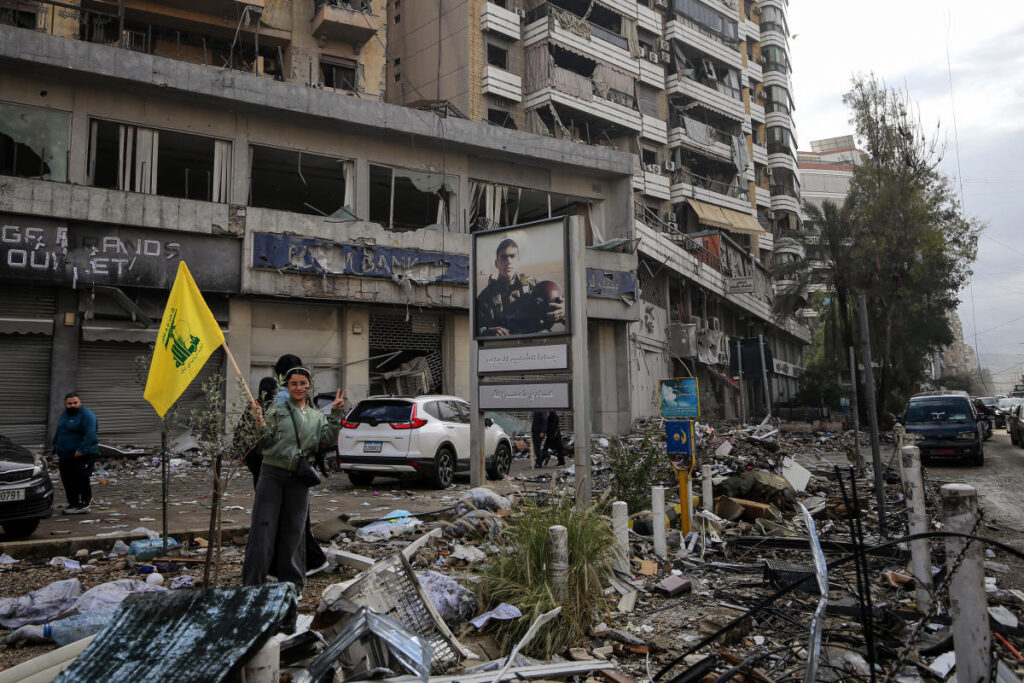As the U.S.-brokered ceasefire between Israel and Hezbollah took effect, President Biden announced his administration’s intention to renew efforts for a ceasefire in the Gaza Strip, urging the involvement of international partners. Amid the ongoing tension in the region, the President emphasized the need for a ceasefire that addresses the release of Israeli hostages and the dismantling of Hamas’ authority in Gaza. The truce between Israel and Hezbollah has seemingly held, despite minor incidents that raised concerns about its stability. The situation is underscored by the ongoing violence in Gaza, where the death toll has risen dramatically due to the Israeli military assault.
In the wake of the recent conflict, which was ignited by Hamas’s deadly attack on Israel on October 7, security concerns have escalated across Lebanon and Israel. Reports indicated significant casualties on both sides, with over 3,800 Lebanese reported dead and Israeli authorities documenting the devastation of 45 Israeli civilian lives lost due to rocket strikes. The humanitarian crisis in Gaza is particularly dire, with health officials claiming over 44,000 fatalities and widespread displacement among the 2.3 million residents. Biden acknowledged the suffering of Gazans and expressed solidarity with their plight, calling for an end to the violence and turmoil affecting both Gaza and Lebanon.
Following the ceasefire announcement, senior Hamas officials indicated a willingness to negotiate a ceasefire in Gaza, expressing hopes of reaching an agreement to exchange hostages. This development comes as Egypt and Qatar, alongside the U.S., have assumed roles in facilitating peace negotiations. Egyptian President Abdel Fattah El-Sisi has already met with the Qatari Prime Minister to assess efforts aimed at a comprehensive ceasefire agreement. Regional dynamics complicate these discussions as both Israel and Hezbollah are wary, with a clear reluctance to let their guard down following recent escalations and deep-rooted mistrust.
The ceasefire that took effect on Wednesday marks a critical juncture for Israel and Hezbollah, noted for its fragile foundations amid historic distrust. Israeli Prime Minister Benjamin Netanyahu cautioned that any violations by Hezbollah would result in immediate repercussions, echoing sentiments shared by Biden regarding the importance of maintaining peace for long-term stability. Both Israel and Hezbollah are now tasked with disengaging their military forces, with a more significant presence of Lebanese soldiers and U.N. peacekeepers expected to facilitate the transition. The success of these operations hinges on both sides honoring the agreement, a task rendered challenging by their mutual skepticism.
As civilians across Lebanon attempt to return to normal life, the overarching uncertainty remains palpable. Reports of civilians hesitant to return home due to fears of further aggression highlight the deep-seated anxieties stemming from the conflict. While some Lebanese see the ceasefire as an opportunity to rebuild lives and communities, they face the stark reality of the ongoing conflict seeping into the broader sociopolitical fabric of the region. Similar sentiments are echoed among Palestinians in Gaza, who hold onto hope that international mediation can facilitate relief and a chance to rebuild their shattered existence.
In summary, as the Biden administration pushes for renewed talks to establish a ceasefire in Gaza, the U.S. remains deeply engaged in regional diplomacy following a recent truce between Israel and Hezbollah. The complexities of the existing conflicts illustrate the desperate need for solutions that prioritize humanitarian concerns while addressing security threats posed by groups like Hamas. Trust-building measures and continuous dialogue among all parties involved will be essential to fostering a sustainable peace that addresses the significant humanitarian needs arising from the destruction and violence endured by civilians in both Gaza and Lebanon.

